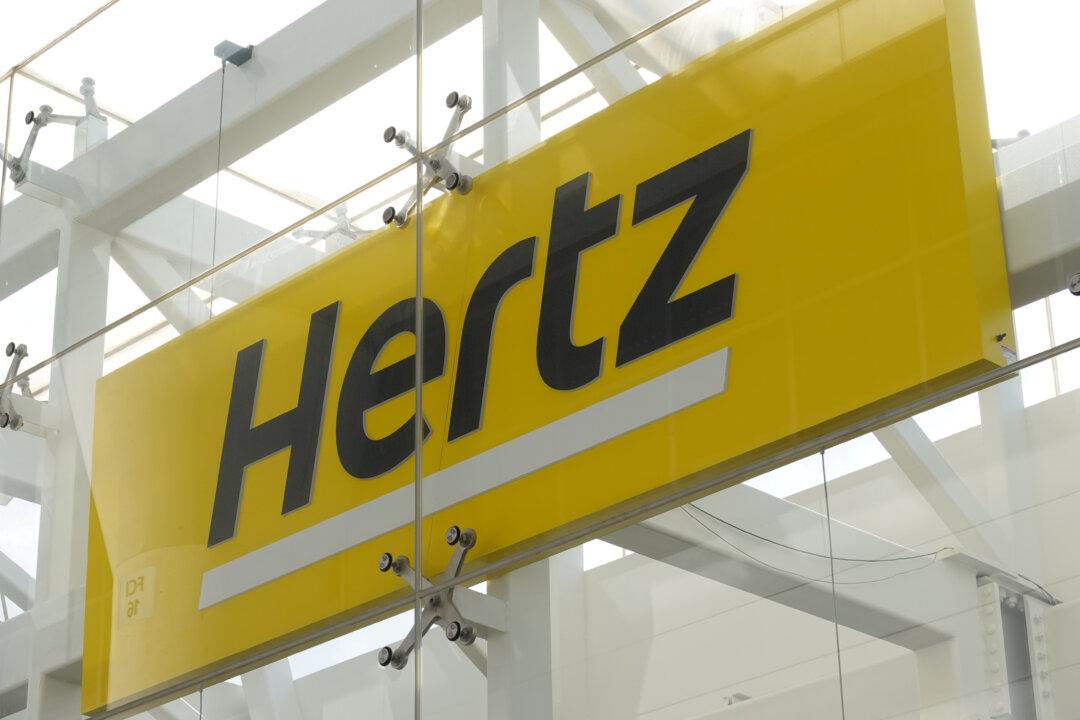Commentary
These days, poisonous collusion between powerful private sector interests and the state turns one’s thoughts to insecure cellphone data and social media censorship in the service of the Democratic Party. But devil’s bargains between Chamber of Commerce members and elected officials have been going on for a long time, maybe back to the Pliocene Epoch.





